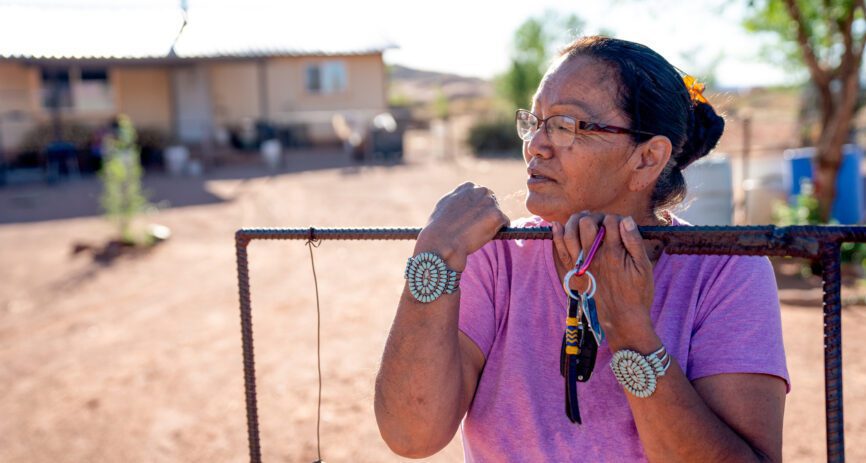
From remission to relapse…understanding cancer recurrence
Beating cancer is a time of relief, happiness and hope. However, many patients continue to experience feelings of fear and worry because of the possibility of their cancer coming back, known as cancer recurrence. How does cancer come back, what are the odds, can recurrence be prevented, and how can survivors manage their worries? Keep reading for the answers you need.
What is Cancer Recurrence?
When cancer comes back after treatment ends, it’s called cancer recurrence. According to the American Cancer Society, most doctors consider recurrence to be cancer that comes back after there are no signs of it for at least a year.
There are three different types of cancer recurrence:
- If cancer comes back in the place it first started, it’s known as local recurrence
- If cancer comes back in the lymph nodes near the place it first started, it’s known as regional recurrence
- If cancer comes back somewhere else in the body, it’s known as distant recurrence
Even if cancer comes back in a new part of the body, it’s still named after the place in the body where it originated.
How Likely is Cancer Recurrence?
The American Cancer Society shares that doctors aren’t required to report cancers that have recurred, which makes it difficult to know recurrence rates for specific types of cancer. However, we do know that the chance of recurrence is higher for:
- People treated for a childhood cancer
- Adult survivors of Hodgkin lymphoma
- Glioblastoma, a type of brain cancer
- Some types of soft tissue sarcoma
- Cancers of the bladder and pancreas
- Cancers caused by tobacco use
Because there are many types and subtypes of cancer—and recurrence rates aren’t always useful—it’s important for patients to talk to their cancer care teams about their personal risk for recurrence, common signs of recurrence, and what follow-up is needed.
Can Cancer Recurrence be Prevented?
There’s no way to guarantee that cancer will never come back; however, there are certain lifestyle choices patients can make to help keep their bodies as healthy as possible to try to reduce their risk:
- Eating a healthy diet full of fruits, vegetables, whole grains and protein
- Aiming for at least 30 minutes of moderate exercise each day
- Getting to, and maintaining, a healthy weight
- Reducing stress
- Avoiding exposure to chemicals
- Quitting smoking and limiting alcohol
How to Manage Worries about Cancer Recurrence
For cancer survivors, it’s easy to worry about the possibility of cancer coming back. In fact, fear and anxiety are normal parts of survivorship. However, if thoughts about cancer recurrence are affecting one’s daily life, it’s important to talk to a doctor. Getting help from a mental health professional or joining a peer support group can help survivors learn how to cope with these emotions.
Critical Illness Insurance Supports Cancer Patients
Critical illness insurance is a type of supplemental health insurance that pays cash benefits for common critical illnesses including cancer. This product isn’t meant to replace the primary health insurance you get at work or purchase on your own. Instead, it’s a complement to this coverage and pays regardless of your current plan. Critical illness insurance pays benefits directly to you, not to doctors and hospitals. This means you can use the money for ANY NEED, including medical bills or living expenses. Some critical illness insurance policies even have recurrence benefits for when cancer comes back.
Want more? Learn how Critical Illness Insurance fights breast cancer financial toxicity.
We’re Here for You!
Are you interested in learning more about Critical Illness Insurance? Find a local Washington National agent, who will answer all your questions.
